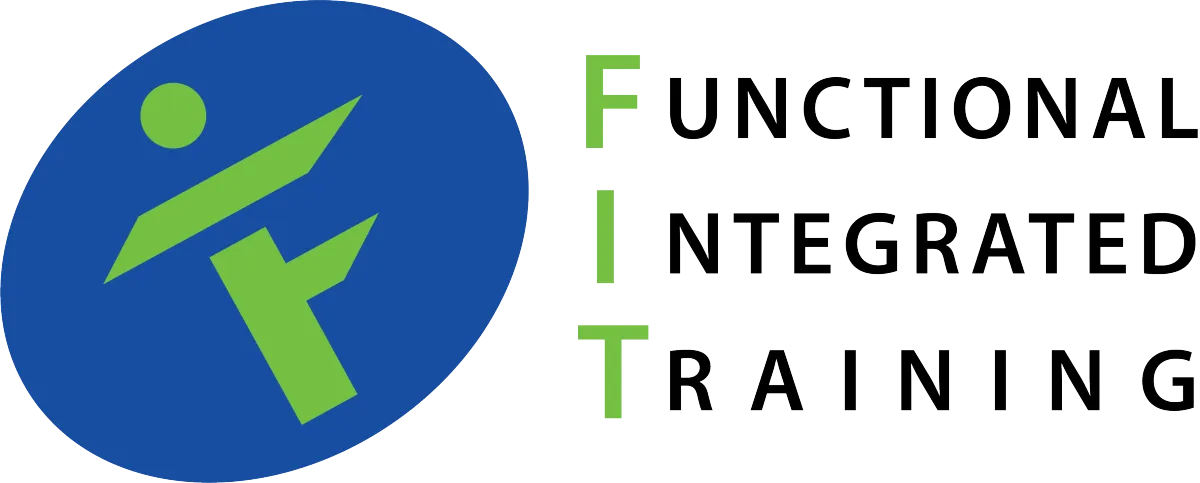STRENGTH TRAINING BLOG

Defining the Parent-Athlete
Over the years, I’ve conducted hundreds—probably thousands—of interviews with young athletes eager to improve their physical skills through strength training.
One concept I’ve found myself reinforcing more frequently, especially as youth sports shift toward year-round specialization, is the idea of the “student-athlete.”
The term athlete evokes numerous positive traits:
You’re consistently active, both in your sport and beyond.
You practice and perform, developing skills through deliberate effort over time.
Success demands dedication and commitment.
Even in individual sports, a team mindset is essential.
Mentors and guides play a key role in your development.
Looking at this list, it might seem that being an athlete is an all-consuming identity. And for many young athletes today, it has become just that. The culture of constant competition and specialization often leaves little room for balance.
This imbalance inspired me to think critically about the meaning of “student-athlete.” Consider other movement-related professions, like exercise physiologist, athletic trainer, or physical therapist. In each case, the first word describes the primary focus of the role:
An exercise physiologist applies the science of movement.
An athletic trainer helps athletes prepare, prevent injury, and recover.
A physical therapist specializes in restoring functional movement.
In contrast, student-athlete is hyphenated intentionally. It represents a dual identity—a balance between academic and athletic pursuits.
The athletes I’ve worked with over the past 13 years spent a significant portion of their time as students who also participated in sports. And while many of them excelled, only a handful went on to pursue professional athletic careers. More commonly, they used the discipline, resilience, and teamwork developed through athletics to succeed in fields beyond sports.
Why?
Because we didn’t let them get consumed by the dream of becoming professional athletes. Instead, we offered a more realistic, empowering narrative:
“We want you to build strength, stamina, and explosiveness and to take your athletic potential as far as it can go. But we also need you to understand that academics come first—and that maintaining balance will set you up for long-term success, even after your athletic career ends.”
Introducing the Parent-Athlete
This brings me to the concept of the Parent-Athlete. Like student-athlete, this term is hyphenated intentionally—because both roles are equally important and mutually reinforcing.
Let’s revisit the key traits of an athlete, but through the lens of parenthood:
You’re consistently active.
Parent-athletes stay physically engaged, not just for themselves but as role models for their families.
You practice and perform.
Parent-athletes apply and refine their physical skills over time, both individually and with their family.
Dedication and commitment are essential.
Even when life throws obstacles in the way, parent-athletes find ways to stay active and prioritize their health.
A team mindset matters.
Supporting your family is like supporting a team—the stronger the team, the more they’ll support you in return.
You learn from mentors and guides.
While parent-athletes act as guides for their families, they also recognize the value of seeking advice and support from others.
The Parent-Athlete Mindset
With these principles in mind, here’s how I define a Parent-Athlete:
An individual who embodies the role of parent while recognizing that taking care of themselves—through focused, intentional physical activity—is essential to maintaining their identity and leading their family by example.
Why This Matters
I’m passionate about promoting the Parent-Athlete mindset because I know firsthand how challenging it can be to balance family, work, and personal fitness. Many parents feel guilty prioritizing their own physical health, even when they know it enhances their energy, confidence, and ability to lead.
My goal is to offer hope, guidance, and practical tools to help parents embrace the Parent-Athlete identity—whether they’re rediscovering it or aspiring to build it for the first time.
When you lead yourself well, you lead your family well. And when you thrive, your entire family benefits.





